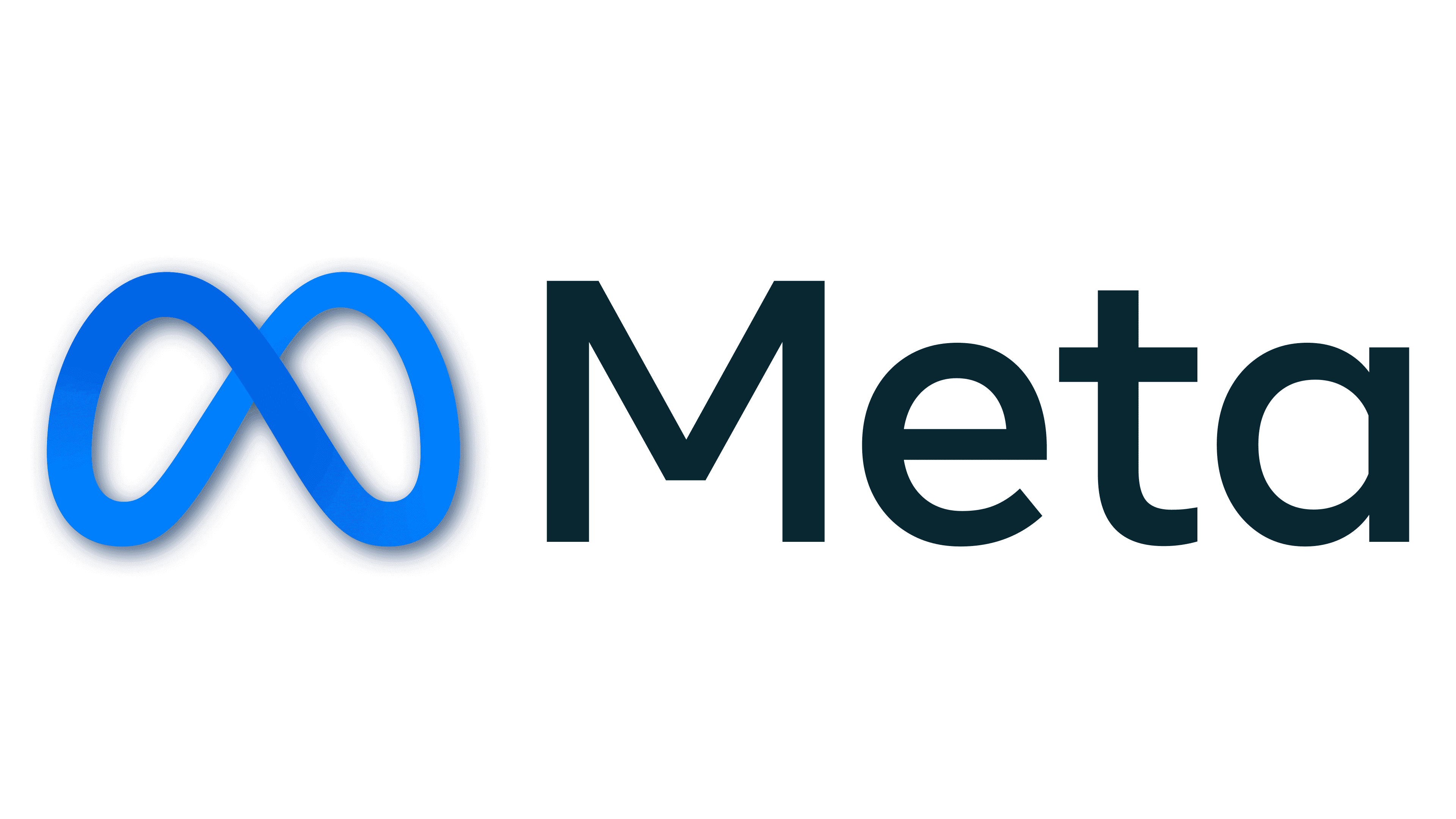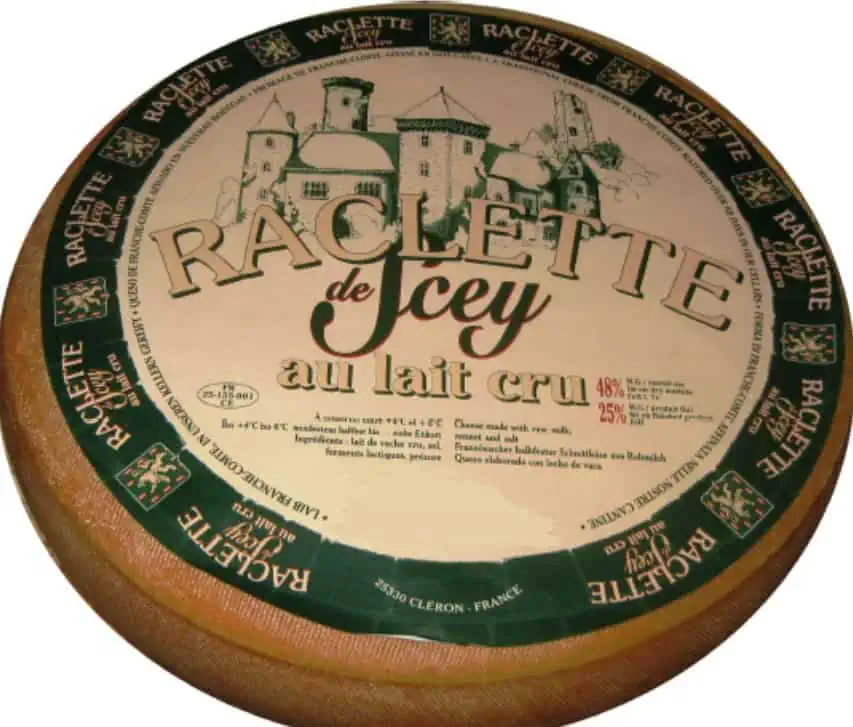Zuckerberg Defends Meta at Antitrust Trial Over Instagram and WhatsApp Deals
Meta CEO Mark Zuckerberg took the stand Monday in a landmark antitrust trial in Washington, defending the company’s multi-billion dollar acquisitions of Instagram and WhatsApp. The U.S. Federal Trade Commission (FTC) argues the purchases were strategic moves to neutralize emerging threats and maintain Facebook’s dominance in social networking.
The FTC contends Meta’s acquisitions—Instagram in 2012 and WhatsApp in 2014—were aimed at stifling competition, rather than fostering innovation. If the court rules in the FTC’s favor, Meta could be forced to divest both platforms, dealing a significant blow to its business model.
Wearing a dark suit and light blue tie, Zuckerberg appeared calm as he disputed claims that Meta’s motives were anti-competitive. He testified that while Facebook initially focused on helping people connect with friends and family, user behavior shifted. The company, he said, failed to anticipate a trend toward private sharing through messaging, rather than public posts.
“I think we misunderstood how social engagement online was evolving,” Zuckerberg admitted. “People just kept on engaging with more and more stuff that wasn’t what their friends were doing.”
The trial, expected to continue into July, presents a serious challenge for Meta, especially given Instagram’s importance to its revenue. Industry analysts estimate the platform will bring in over $37 billion this year—more than half of Meta’s U.S. ad income. Though WhatsApp has yet to contribute significant revenue, it boasts the largest daily user base among Meta’s apps and is key to the company’s future business-messaging strategy.
A central focus of the case is how users view and use social platforms—whether they see Instagram and Facebook as interchangeable with competitors like TikTok, YouTube, or Apple’s iMessage. Meta argues that the rise of rivals like ByteDance’s TikTok and Snap’s Snapchat proves the market is fiercely competitive. The FTC disagrees, claiming Meta holds a monopoly on platforms designed for sharing with close connections.
The agency has cited internal emails from Zuckerberg discussing Instagram and WhatsApp as threats. But Meta says those comments are outdated and irrelevant in today’s landscape.
U.S. District Judge James Boasberg previously ruled the FTC has enough evidence to proceed, though he noted the agency will face “hard questions” as the trial unfolds.
Beyond Meta, the outcome could shape the future of Big Tech regulation. The FTC and the Department of Justice are also pursuing antitrust cases against Amazon, Apple, and Google—part of a broader crackdown on industry consolidation.



